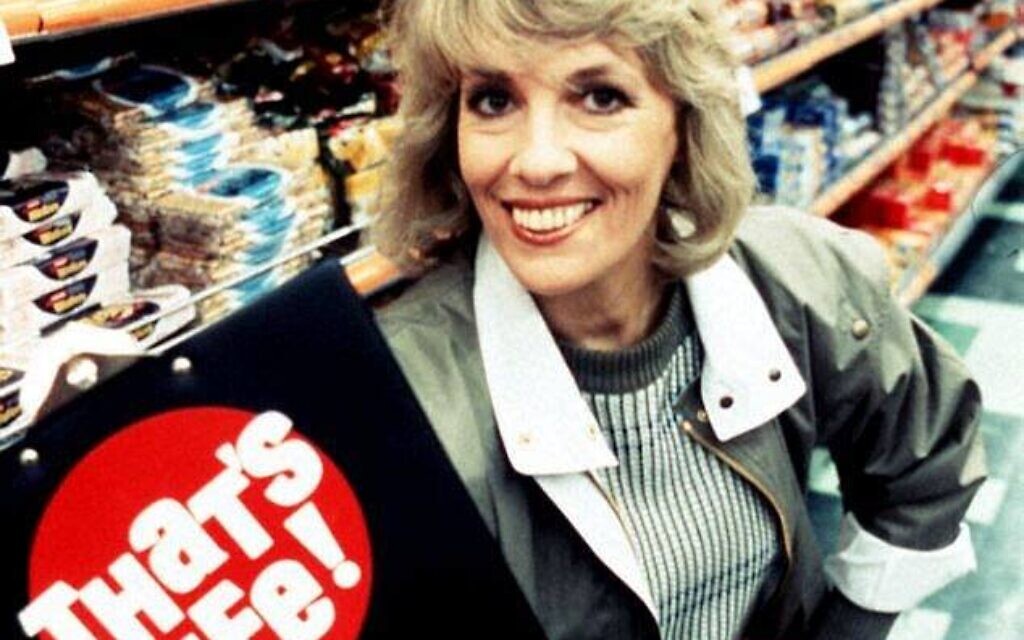Dame Esther Rantzen on “how much I owe to being Jewish”
The campaigner, philanthropist and TV legend shares life lessons and memories of Sir Nicholas Winton with a journalist she helped years ago
Dame Esther Rantzen needs no introduction. A celebrity who has been on the small screen since 1973, her most recent appearances on frivolous shows such as Celebs Go Dating, or the more essential Watchdog-like Esther Rantzen’s House Trap, were all made as she maintained her duties as patron/vice president of 55 charities, among them her own Childline, for which she was a volunteer counsellor on the helpline.
But it was as producer and presenter on That’s Life! that Esther became the mainstay of consumer journalism and a touchstone for the British public when things needed fixing. It was only when I needed something fixing that I realised Esther was not just the face of the BBC magazine show, but genuinely committed to finding solutions and giving a voice to the aggrieved.
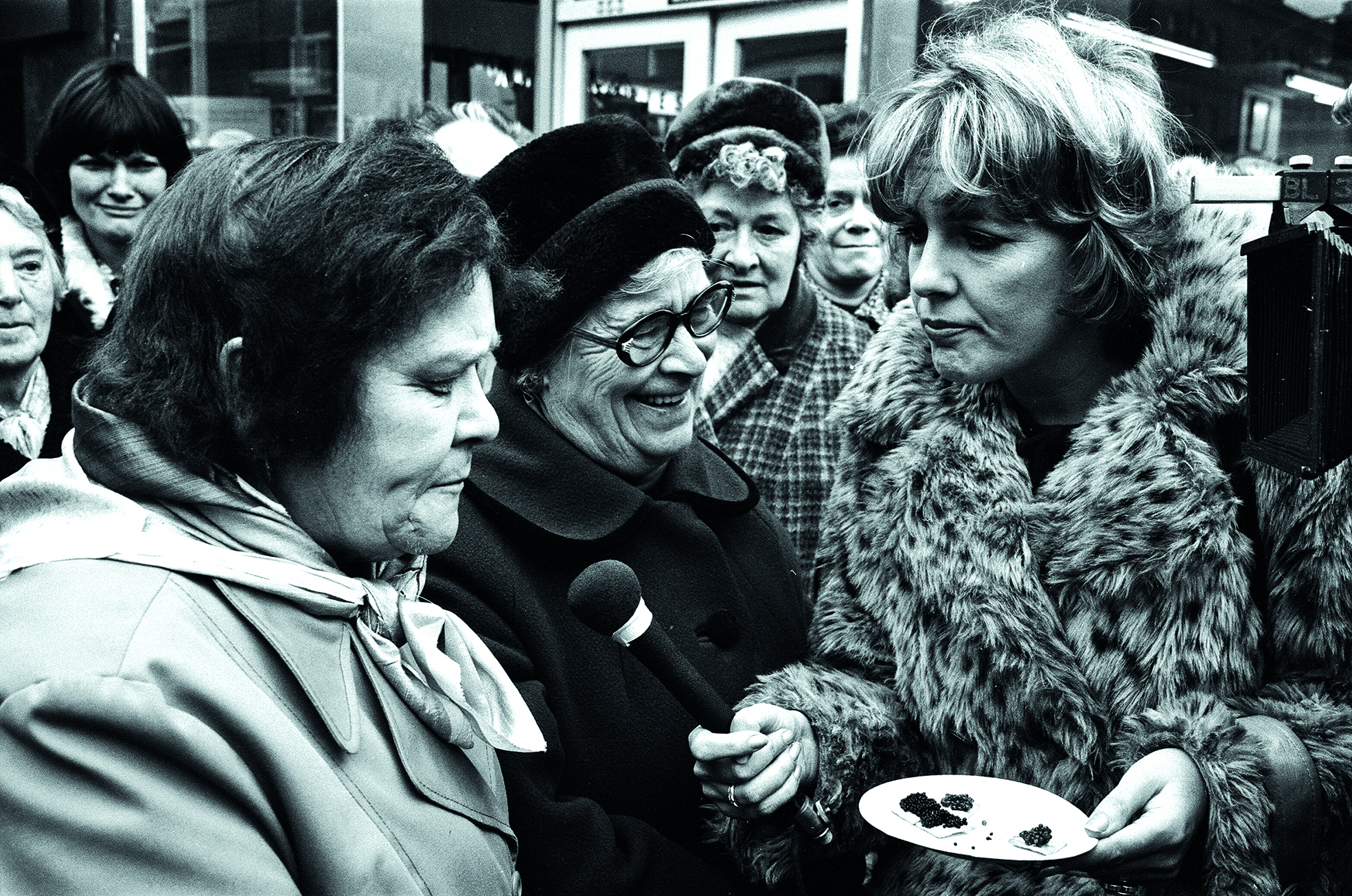
Our paths crossed years ago, when I was a journalist in Hampstead, where she lived with her late husband Desmond Wilcox. Always charming and forgiving of bothersome local reporters, it was Esther to whom I turned for help when my father drowned in a rip current in Israel on 6 October1989. There was no interest from other media outlets for my concern for beach safety, and although buffers and more lifeguards have been introduced in Herzliya since, at the time only Esther listened, then featured the story on
That’s Life!
Get The Jewish News Daily Edition by email and never miss our top stories Free Sign Up
What her actions meant to my late mother was summed up in her letter of thanks, but the TV presenter remains a personal hero and I cried when sheannounced in May that she had stage 4 lung cancer. But Dame Esther remains resolute and, while undergoing treatment wrote a book, Older & Bolder: My A-Z of surviving almost everything. The title is self-explanatory, but she agreed to talk about the book, her interests and the new film her own hero.
What was the story selection process for That’s Life!?
There were two possible reasons [for story inclusion]. Either the story was so serious we had to report it and sometimes, as in your case, it was a matter of life and death. Or it was far less serious, a faulty washing machine for instance, but affected many people. Either way, we depended on the courage of people like you, who told us what had happened in their lives and allowed us to tell their stories in order to protect others. Thanks to them, and because of very big viewing audiences we were able, literally, to save lives. Yours was a very serious, very important story, so thank you.
Is fixing things for others instinctive for you?
Making a difference is addictive. Most television programmes entertain, some enlighten, some warn, but the irresistible aspect of working on That’s Life! was that viewers let us know whether we were making a difference to their lives. I first experienced this when I was a researcher for Bernard Braden on Braden’s Week. That consumer programme gave me
a taste for finding solutions to protect people in the future. And it meant as a journalist I was not only asking questions but trying to find answers.
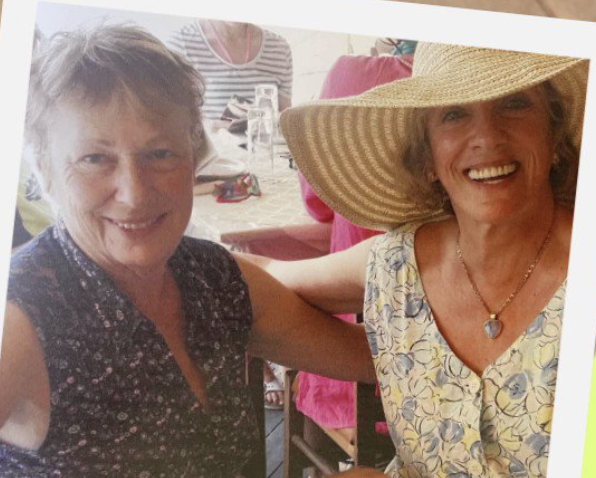
Who is your oldest friend and what sustains that friendship?
My sister Scilla is my best friend and has, of course, been there all my life. No matter how complex or tricky, she is always there with wisdom and good advice. I also have other close friends whom I turn to for advice, comfort and laughter.
Is there a gift from your late husband that has particular significance?
Our garden in the New Forest. It gives me constant pleasure and is filled with memories of our life together.
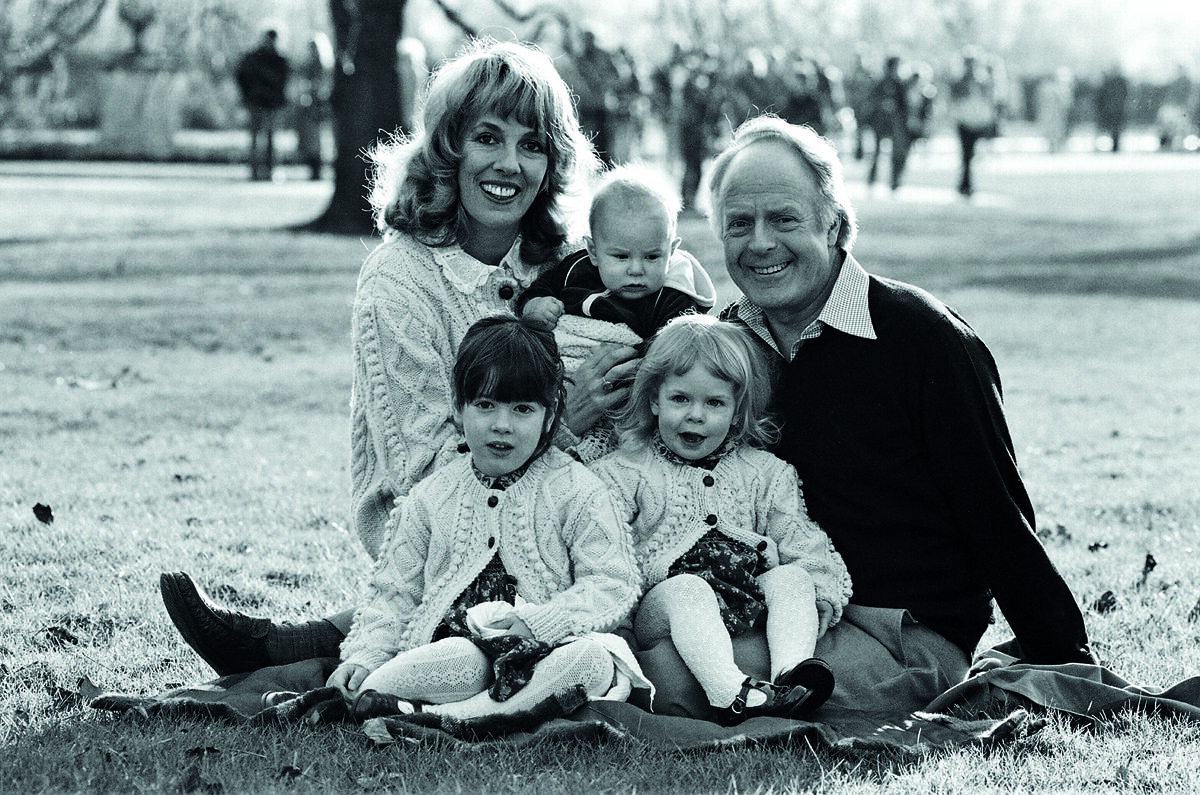
What do you most cherish about being a mother and grandmother?
The fun of it. Hearing children laugh is irresistible, hence the joy of playing games such as drawing consequences. And treasure hunts. And story-telling. And the unexpected cuddle. Nothing can be nicer or more precious.
What matters most now about your faith?
I recognise how much I owe to being Jewish. The closeness of my family, the priority of education, the culture we share as Jews are the basis of so many of my values. And I have found that it’s very important to be a member of a minority, and to recognise how much the tolerant majority has given me, in terms of opportunities and experiences. We Jews need to pass on the same tolerance and opportunities to other minorities, don’t we? I have an observant daughter and she constantly keeps me in touch with the High Holy Days, but I have become agnostic myself over the years.
Do you watch the news?
Constantly. Much of it so depressing I’m grateful for any tiny rays of light relief in the bulletins. So although it’s unfair, I enjoyed recent headlines about scandalous alleged thefts from the British Museum. Appalling as their incompetence was, at least it didn’t result in warfare – except between museum staff. But overriding everything else in the news are thetwin dangers of the Russian invasion of Ukraine, and climate change. Optimism is difficult but hope is necessary.
What are your favourite programmes?
Anything involving antiques (ever hopeful I might find something in my attic of value, hasn’t happened yet), love quizzes, some documentaries and anything I can find about Australian Border Security. The things people try to smuggle in! Constantly mind-boggling.
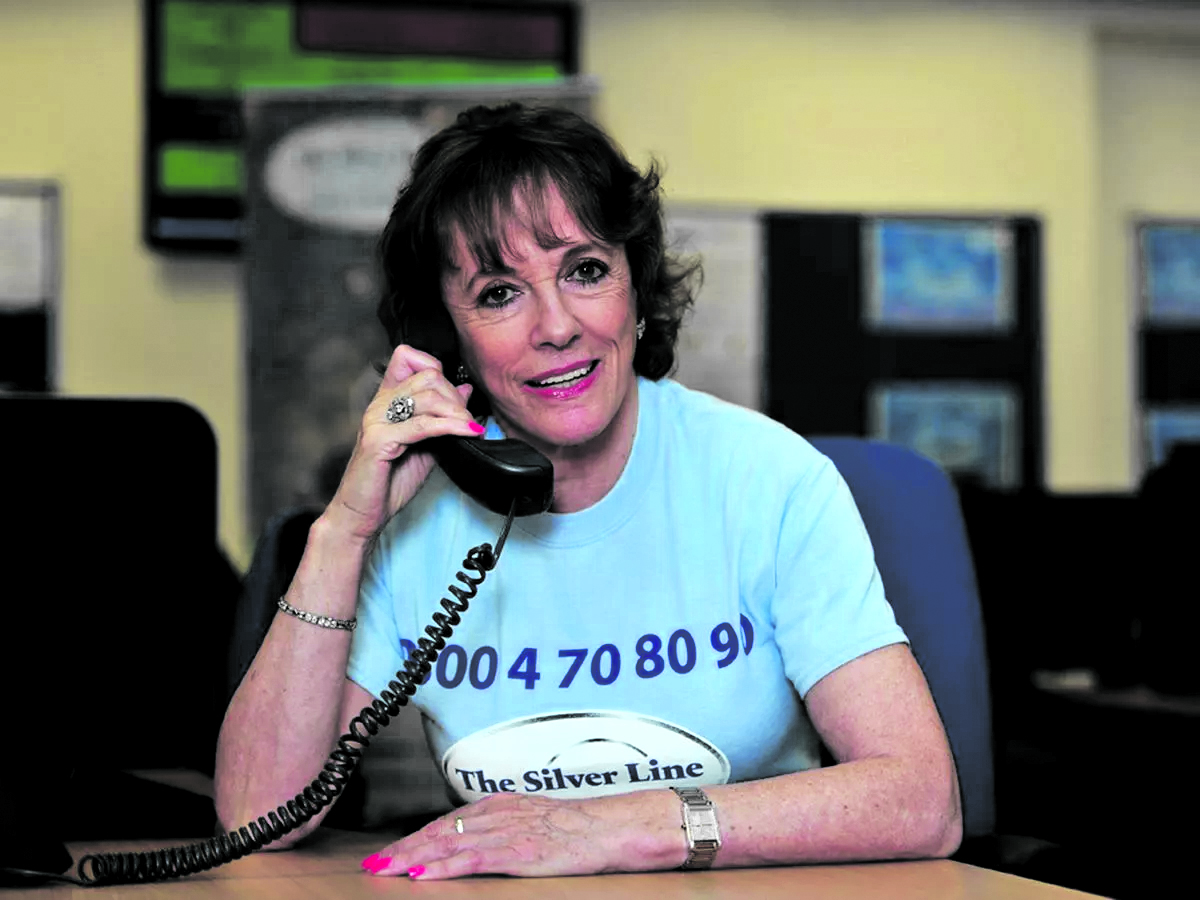
As someone who has always campaigned, do you think enough
is being done now?
We had viewing audiences of 15-20 million, which meant we could change attitudes and provide useful information. Reaching such large audiences is harder these days, although not, it seems, for influencers.We need to be constantly alert to the dangers affecting young people. And organisations are not nearly accountable enough to their clients and customers. When we launched Childline, I was warned by an American psychiatrist: “On day one, an organisation aims to serve its clients. From day two, its main aim is to protect itself.” And isolated older people run the risk of being even more isolated by the digital switchover. We need to be advised and guided by humans, not just by robots in call centres. When we launched The Silver Line helpline, one of our first callers told us: “When I get off the phone I feel like I’ve joined the human race.” An older person should never feel they are not a valued member of the human race. We all have our place.
Any thoughts about wokeism?
I’m broadly in favour of wokishness. The recent appalling example set by
the Spanish Football Association shows how far we have come from that old- fashioned sexist arrogance I had to learn to navigate when I was young. It wasn’t great, and the world definitely needed to change. But it’s crazy to push the pendulum too far, and try to outlaw crucial words and concepts such as ‘mother’ and ‘breastfeeding’. Come on, guys (and girls), have a bit of common sense. Vive la différence.
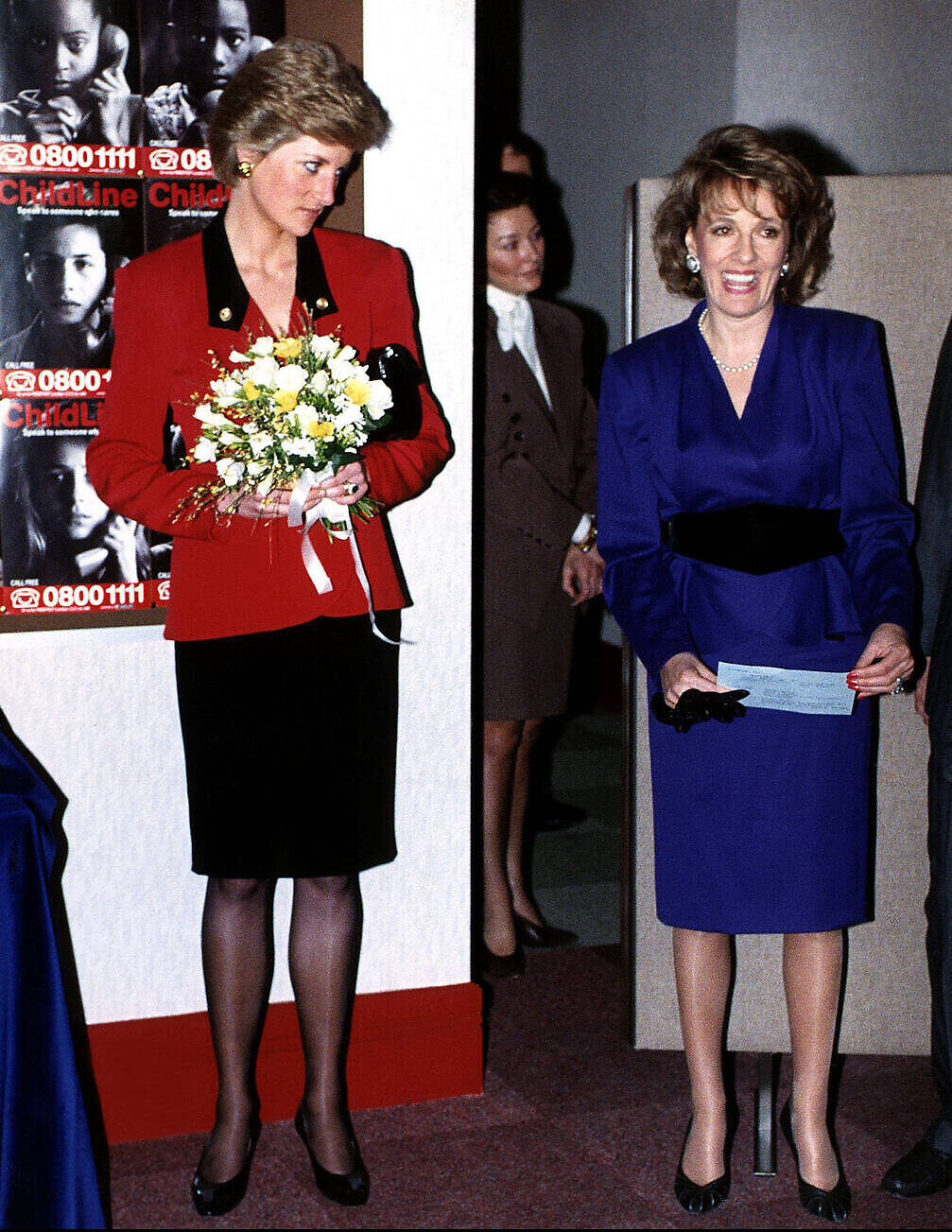
What is the most important reason to buy your book?
Enjoyment. I’m sure us oldies welcome the chance to say what we think – I remember some of my best street interviews were with people over the age of 60, who knew what they thought and why they thought it. I include some of my most outstanding memories in my very lucky life, for instance, things I discovered about Princess Diana and Queen Elizabeth, both of whom I have had the privilege of meeting. I also have some well-honed views about health, food, loneliness and child-rearing among many other topics, which you may or may not agree with, but are fun to discuss. But then my generation has always enjoyed discussing all kinds of stuff without being “cancelled” for it.
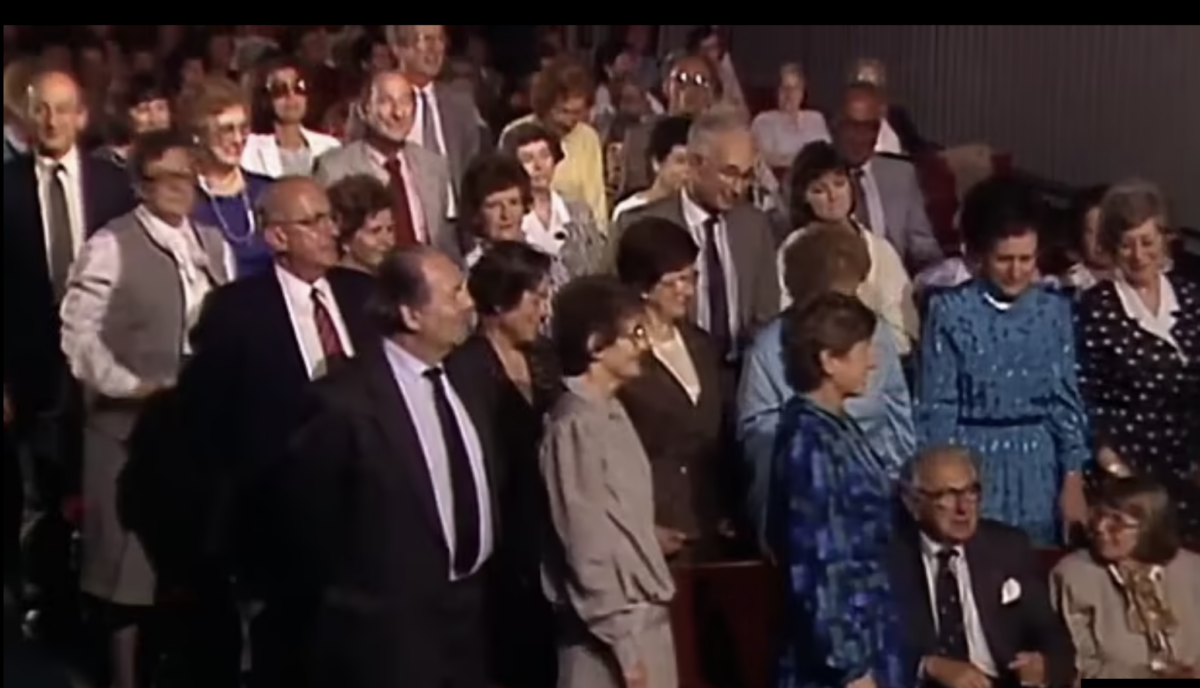
You played a very important role in the life of Holocaust hero Sir Nicholas Winton when you reunited him with some of the 669 adults he had rescued as children from the Nazis on That’s Life! in 1988. The upcoming biopic One Life recreates that moment. I know you have seen the film?
The feature film is extremely moving. The stories of the children he saved,
and the vision and courage of their families, is extraordinary. Alongside the achievements of Nicky and his team in rescuing the children, I was especially glad to see how wonderful his mother’s work was in persuading the Home Office to let the children in.
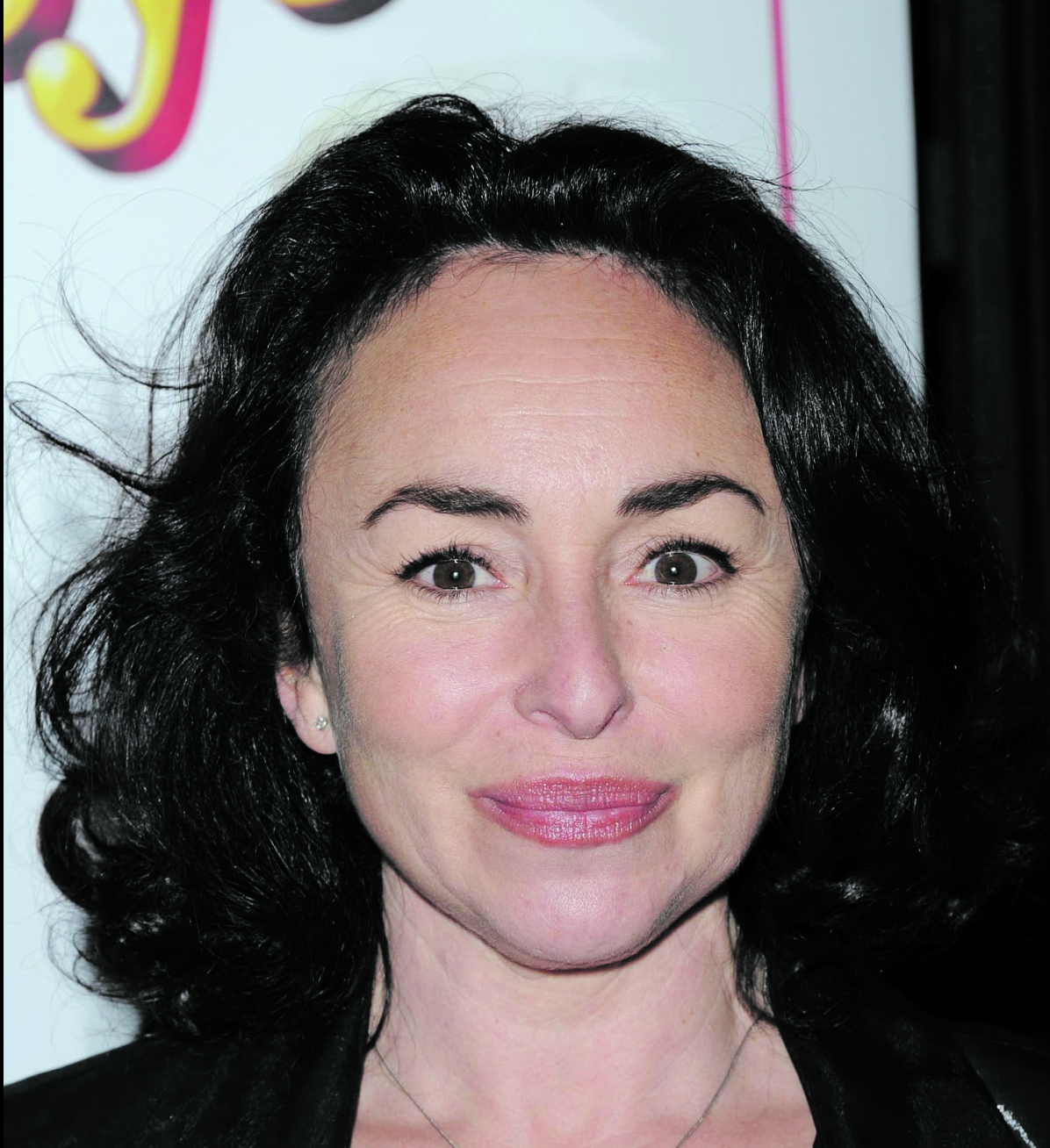
Actor Sam Spiro portrays you in the film. Is it accurate?
I watched her with my daughter. And I have to admit, sorry Sam, she made me guffaw. It is slightly strange to see oneself as others see you.
How did you feel during the actual reunion? It was the only occasion when I had to stop the recording. I was intears, as was the whole audience. Such an inspirational moment. All our team felt privileged to be in the studio. And it was the start of a friendship with Nicky that meant so much to me.
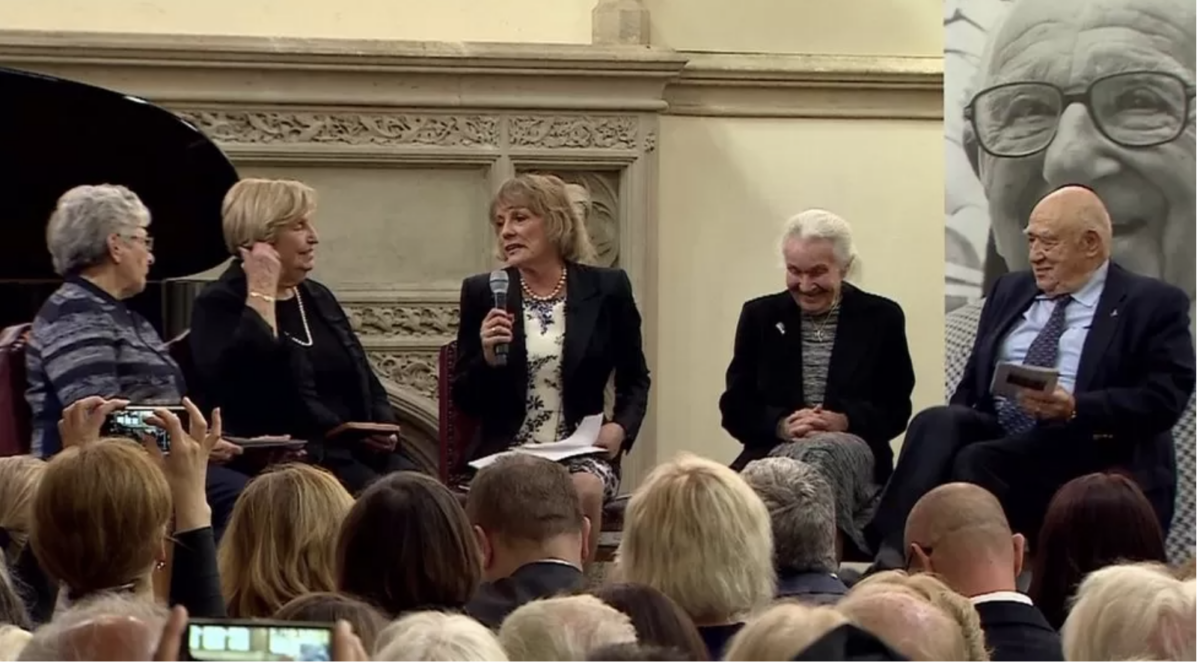
Did Sir Nicholas say anything to you that you still treasure?
Over the years I learned so much from him. He never talked about
‘the Holocaust’, because he said that, tragically, there have been other holocausts, for example, the massacre in Rwanda. He believed the crucial lessons were the ones humanity must learn from history. And he was always hopeful that solutions could be found if you are determined enough. He said: “I have a motto that if something isn’t blatantly impossible, then there must be a way of doing it.” He also told me that on his 90th birthday he had decided not to turn down an invitation to do anything for the first time, hence he went up in a microlight piloted by the daughter of one of the children he had saved, which he found very draughty up his trouser legs.
• Older and Bolder: My A-Z of surviving almost everything is published by Ebury, priced £16.99

Thank you for helping to make Jewish News the leading source of news and opinion for the UK Jewish community. Today we're asking for your invaluable help to continue putting our community first in everything we do.
For as little as £5 a month you can help sustain the vital work we do in celebrating and standing up for Jewish life in Britain.
Jewish News holds our community together and keeps us connected. Like a synagogue, it’s where people turn to feel part of something bigger. It also proudly shows the rest of Britain the vibrancy and rich culture of modern Jewish life.
You can make a quick and easy one-off or monthly contribution of £5, £10, £20 or any other sum you’re comfortable with.
100% of your donation will help us continue celebrating our community, in all its dynamic diversity...
Engaging
Being a community platform means so much more than producing a newspaper and website. One of our proudest roles is media partnering with our invaluable charities to amplify the outstanding work they do to help us all.
Celebrating
There’s no shortage of oys in the world but Jewish News takes every opportunity to celebrate the joys too, through projects like Night of Heroes, 40 Under 40 and other compelling countdowns that make the community kvell with pride.
Pioneering
In the first collaboration between media outlets from different faiths, Jewish News worked with British Muslim TV and Church Times to produce a list of young activists leading the way on interfaith understanding.
Campaigning
Royal Mail issued a stamp honouring Holocaust hero Sir Nicholas Winton after a Jewish News campaign attracted more than 100,000 backers. Jewish Newsalso produces special editions of the paper highlighting pressing issues including mental health and Holocaust remembrance.
Easy access
In an age when news is readily accessible, Jewish News provides high-quality content free online and offline, removing any financial barriers to connecting people.
Voice of our community to wider society
The Jewish News team regularly appears on TV, radio and on the pages of the national press to comment on stories about the Jewish community. Easy access to the paper on the streets of London also means Jewish News provides an invaluable window into the community for the country at large.
We hope you agree all this is worth preserving.
-
By Brigit Grant
-
By Laurent Vaughan - Senior Associate (Bishop & Sewell Solicitors)
-
By Laurent Vaughan - Senior Associate (Bishop & Sewell Solicitors)
-
By Laurent Vaughan - Senior Associate (Bishop & Sewell Solicitors)
-
By Laurent Vaughan - Senior Associate (Bishop & Sewell Solicitors)


